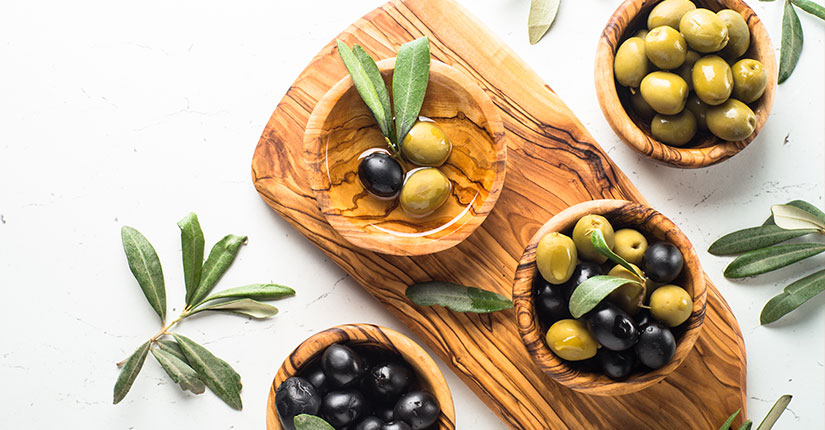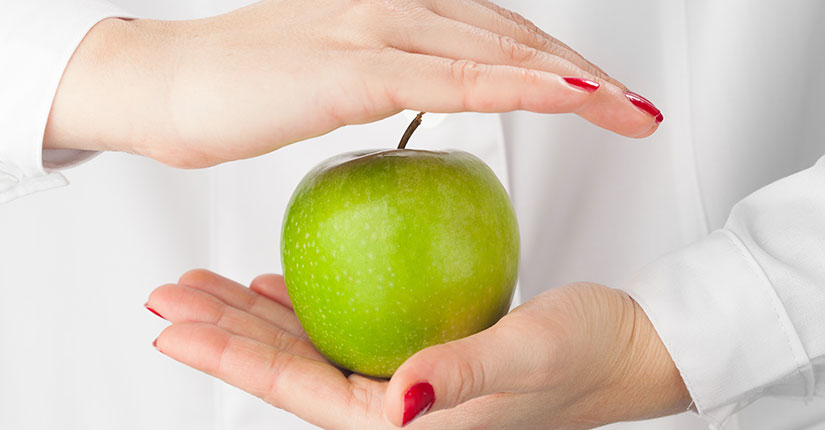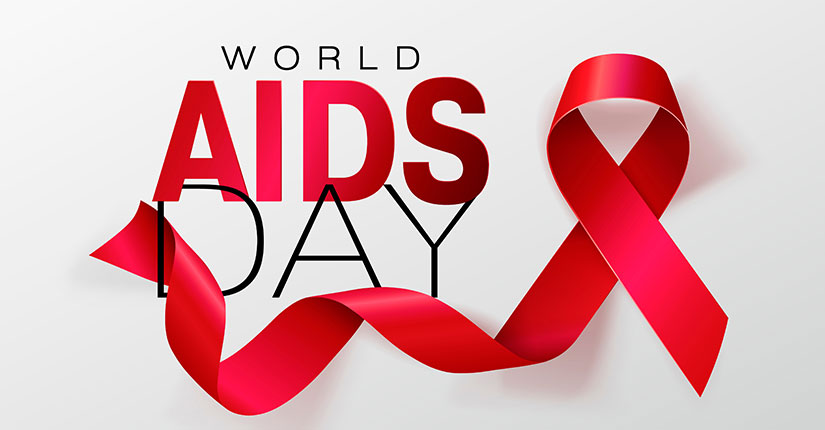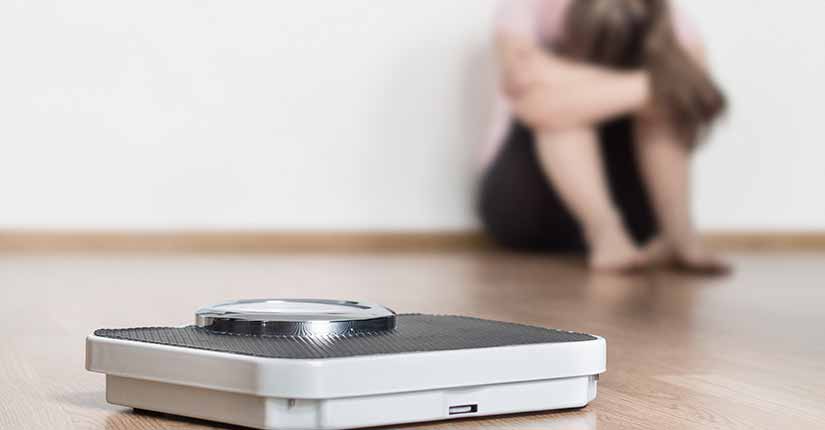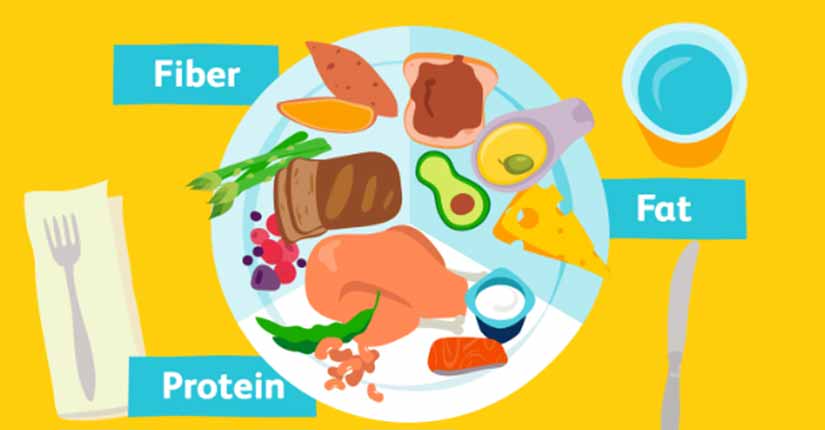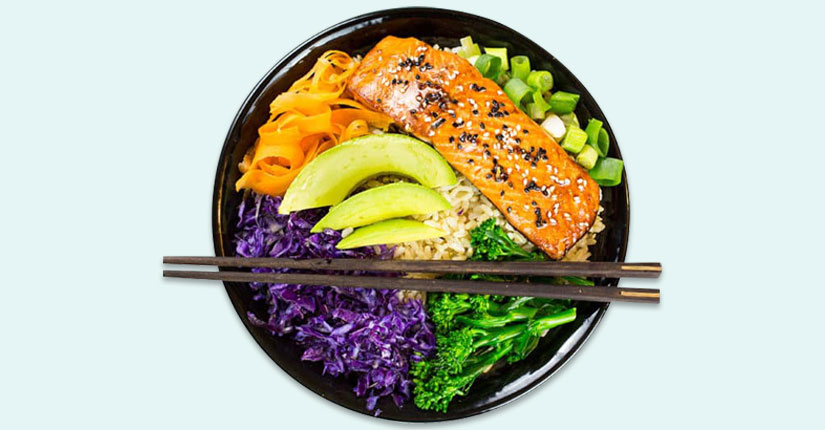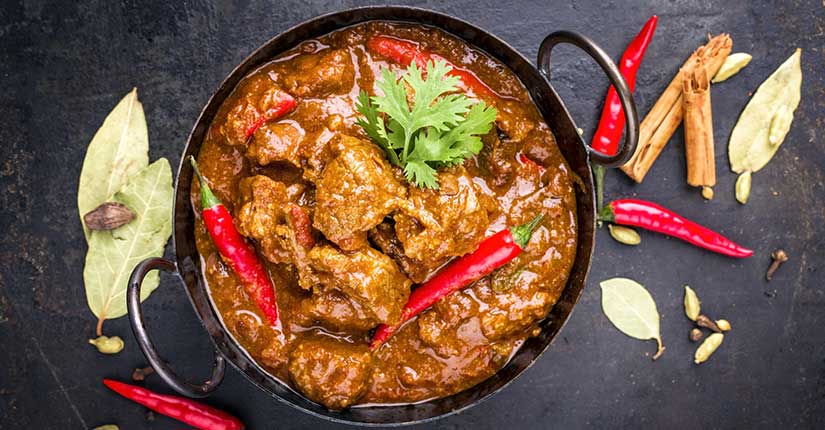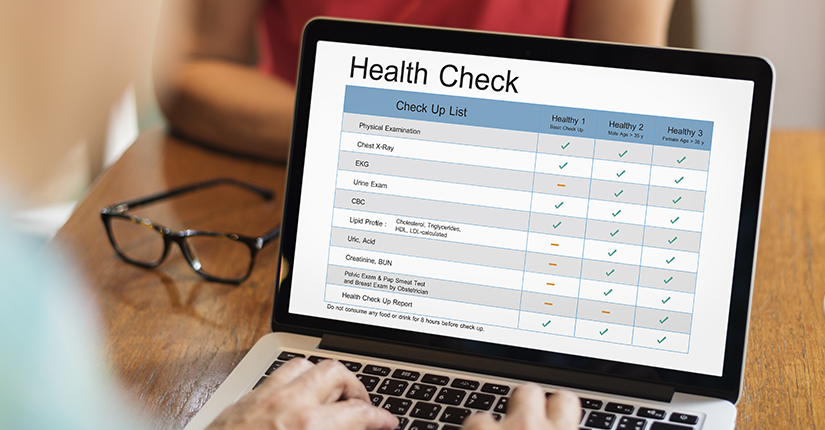WHO Tweeted That 30% of the Global Population Still Rely on Polluting Fuels & Old Technologies for Cooking
By Nmami Agarwal 04-Jun 2022 Reading Time: 3 Mins

The COVID-19 pandemic has been a key factor in slowing progress toward universal energy access. Globally, 733 million people still have no access to electricity, and 2.4 billion people still cook using fuels detrimental to their health and the environment. At the current rate of progress, 670 million people will remain without electricity by 2030 – 10 million more than projected last year.
Transitioning to clean, efficient & affordable cooking solutions such as electricity or gaseous fuels can
- Help prevent millions of deaths & disabilities.
- Protect the health & the environment.
More people have access to clean cooking in 2020. However, the World Health Organisation tweeted that 30% of the global population still relies on polluting fuels & old technologies for cooking.
The 2022 edition of Tracking SDG 7: The Energy Progress Report shows that the impacts of the pandemic, including lockdowns, disruptions to global supply chains, and diversion of fiscal resources to keep food and fuel prices affordable, have affected the pace of progress toward the Sustainable Development Goal (SDG 7) of ensuring access to affordable, reliable, sustainable and modern energy by 2030. Advances have been impeded particularly in the most vulnerable countries and those already lagging in energy access. Nearly 90 million people in Asia and Africa who had previously gained access to electricity, can no longer afford to pay for their basic energy needs.
The impacts of the COVID-19 crisis on energy have been compounded in the last few months by the Russian invasion of Ukraine, which has led to uncertainty in global oil and gas markets and has sent energy prices soaring. The share of the global population with access to clean cooking fuels and technologies rose to 69% in 2020, an increase of 3 percentage points over last year. However, population growth outpaced much of the gains in access, particularly in Sub-Saharan Africa. As a result, the total number of people lacking access to clean cooking has remained relatively stagnant for decades. Between 2000 and 2010, this number was close to three billion people or one-third of the global population. It dropped to around 2.4 billion in 2020. The increase was primarily driven by advancements in access in large, populous countries in Asia. In contrast, the access deficit in Sub-Saharan Africa has nearly doubled since 1990, reaching a total of around 923 million people in 2020.
Over To You:
Countries can come together to share experiences, and design and implement clean household energy policies.


